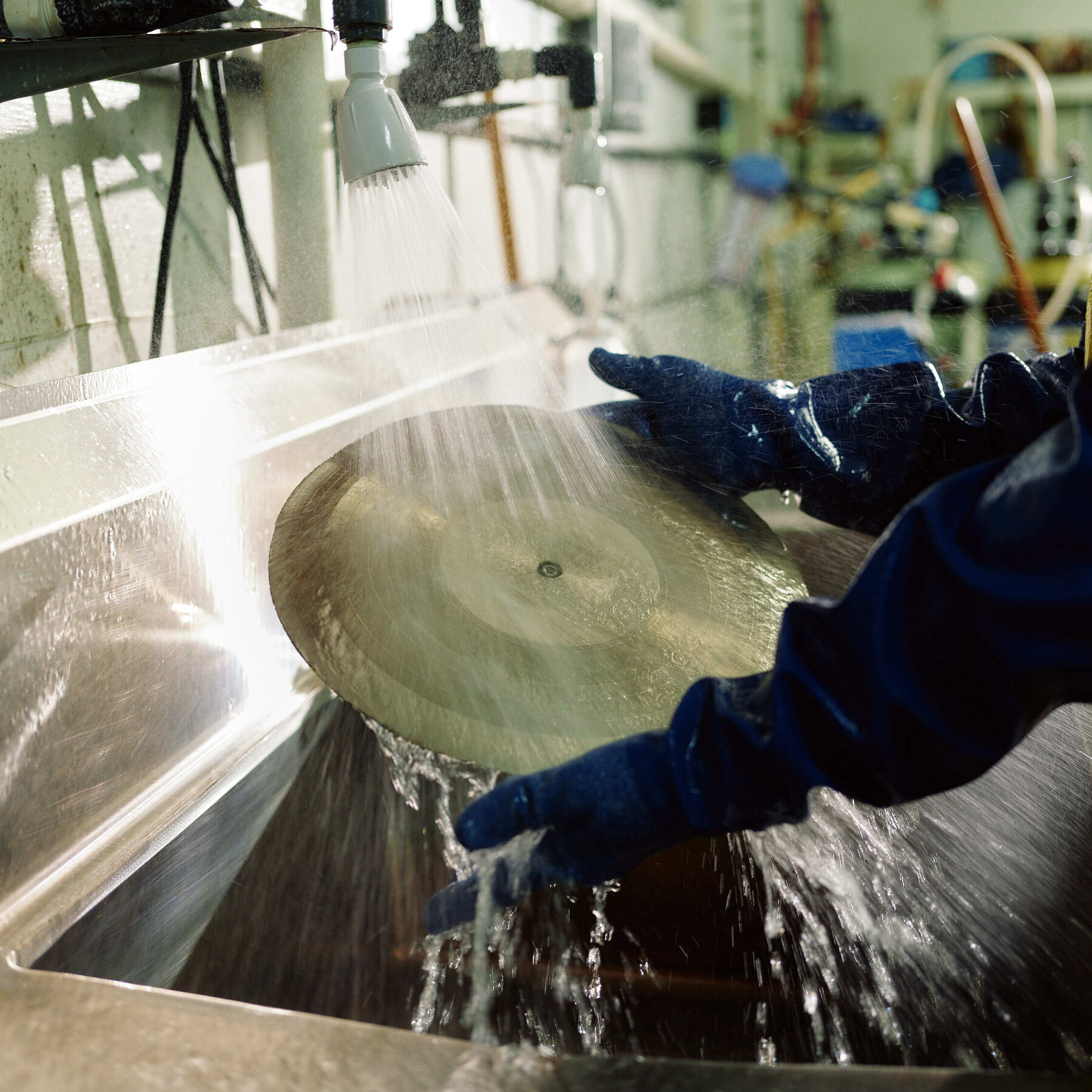The Labour veteran entered the commons as one of only 21 women, then spent years fighting for a seat at the table. She discusses sexism, backlash and power as she prepares to leave parliament
‘It’s a miracle I don’t have PTSD after my early years in parliament,” Harriet Harman writes to me, the week after we meet. She came in on a 1982 byelection in Peckham (now Camberwell and Peckham) when she was 32. The women’s movement, which was united for about five minutes around that time, was trying to make sure there were more women on Labour shortlists. Westminster was absurd: Harman became only the 21st female MP out of 635. “I was supposed to be just the feminist advance guard, expecting the rest of the Labour sisters to surge in at the general election a few months later in 1983,” she says. This encapsulates the feeling so many departing Labour big beasts have described: being absolutely convinced, from the early 80s onwards, that Labour was on the verge of a great victory.
In the event, “the Labour result was so awful that instead of the arrival of the sisterhood en masse, the number of female MPs went up from 21 to only 23. The plan was to do it collectively. The women’s movement was never about individuals. It was about collective endeavour to change what was a shared bad experience of life. And then I found myself on my own.”
Continue reading… The Labour veteran entered the commons as one of only 21 women, then spent years fighting for a seat at the table. She discusses sexism, backlash and power as she prepares to leave parliament‘It’s a miracle I don’t have PTSD after my early years in parliament,” Harriet Harman writes to me, the week after we meet. She came in on a 1982 byelection in Peckham (now Camberwell and Peckham) when she was 32. The women’s movement, which was united for about five minutes around that time, was trying to make sure there were more women on Labour shortlists. Westminster was absurd: Harman became only the 21st female MP out of 635. “I was supposed to be just the feminist advance guard, expecting the rest of the Labour sisters to surge in at the general election a few months later in 1983,” she says. This encapsulates the feeling so many departing Labour big beasts have described: being absolutely convinced, from the early 80s onwards, that Labour was on the verge of a great victory.In the event, “the Labour result was so awful that instead of the arrival of the sisterhood en masse, the number of female MPs went up from 21 to only 23. The plan was to do it collectively. The women’s movement was never about individuals. It was about collective endeavour to change what was a shared bad experience of life. And then I found myself on my own.” Continue reading… Harriet Harman, Politics, Women, Labour, Feminism, UK news, Society, Women, Life and style










